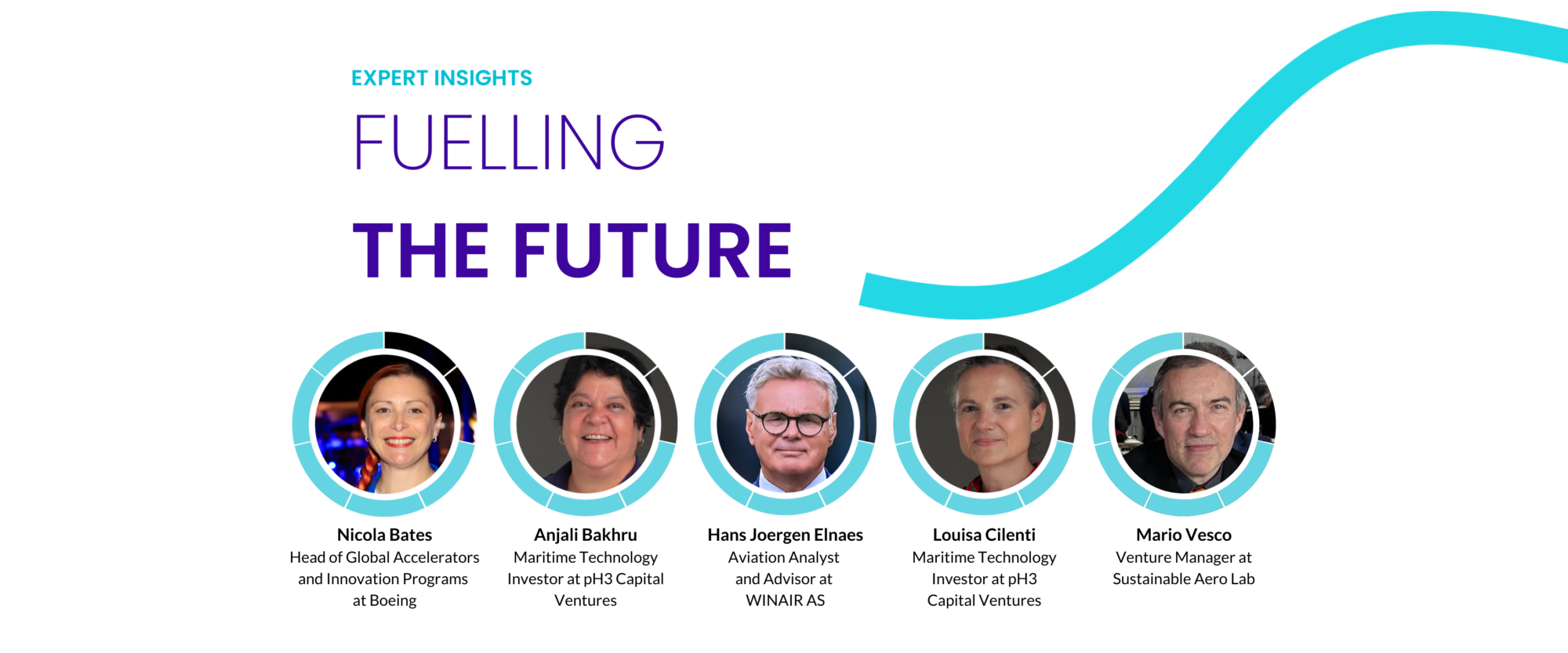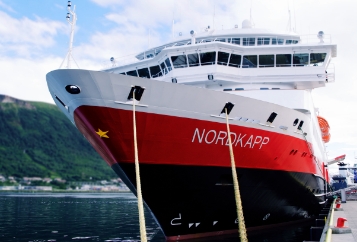Crucially, many of these excellent initiatives neglect the important role and impact of human operators as decision-makers – this is where Signol is different. The case for human-led emissions reduction may actually be more marked in shipping, as the degree of decision-making freedom, and the variance between individual operators such as ship’s Masters can be huge.
We have thoroughly enjoyed engaging with shipping companies, who are proactive and energetic about reducing unnecessary fuel consumption and associated emissions. Our Head of Maritime, Harriet Johnson, who spent a number of years at sea herself, and has a strong background in maritime software, has been hugely instrumental in developing our maritime offer. Her insight and understanding have facilitated this successful Proof of Concept with BSM, the results of which we can now share. She is assembling around her a team of maritime experts and data scientists that enable Signol to rapidly scale our contribution to emission reduction in shipping. We are now going deeper and further into the decision-making opportunities on board, and what is clear to us, is that there are significant opportunities to further improve efficiency by motivating, informing and encouraging crews.
The potential here is enormous. In Aviation, Signol has achieved fuel and carbon savings of between one and two per cent, through the behavioural nudging of commercial airline pilots. For instance, in the first six months of 2022, we saved Virgin Atlantic Airways over 1,000 metric tonnes of jet fuel, by communicating with over 200 of their pilots. In shipping, we suspected that there was even more potential, given the market structure, the infancy of data enablement, and the relative freedom of operation of the users. The results surprised even the most optimistic of our team.





